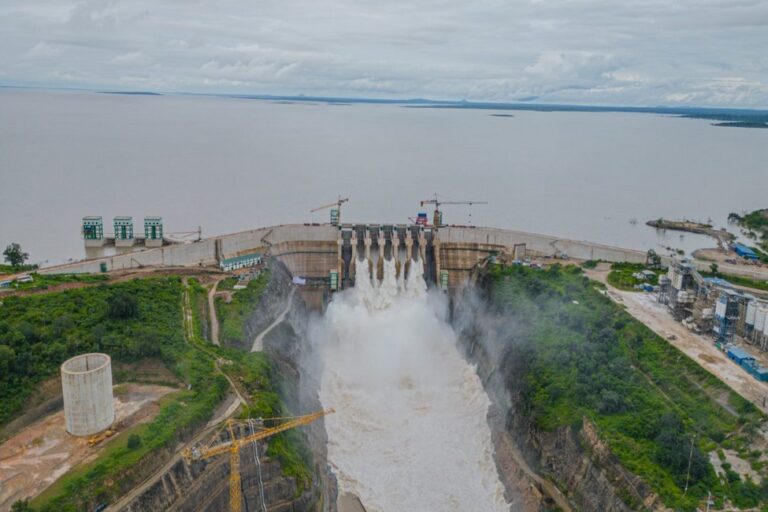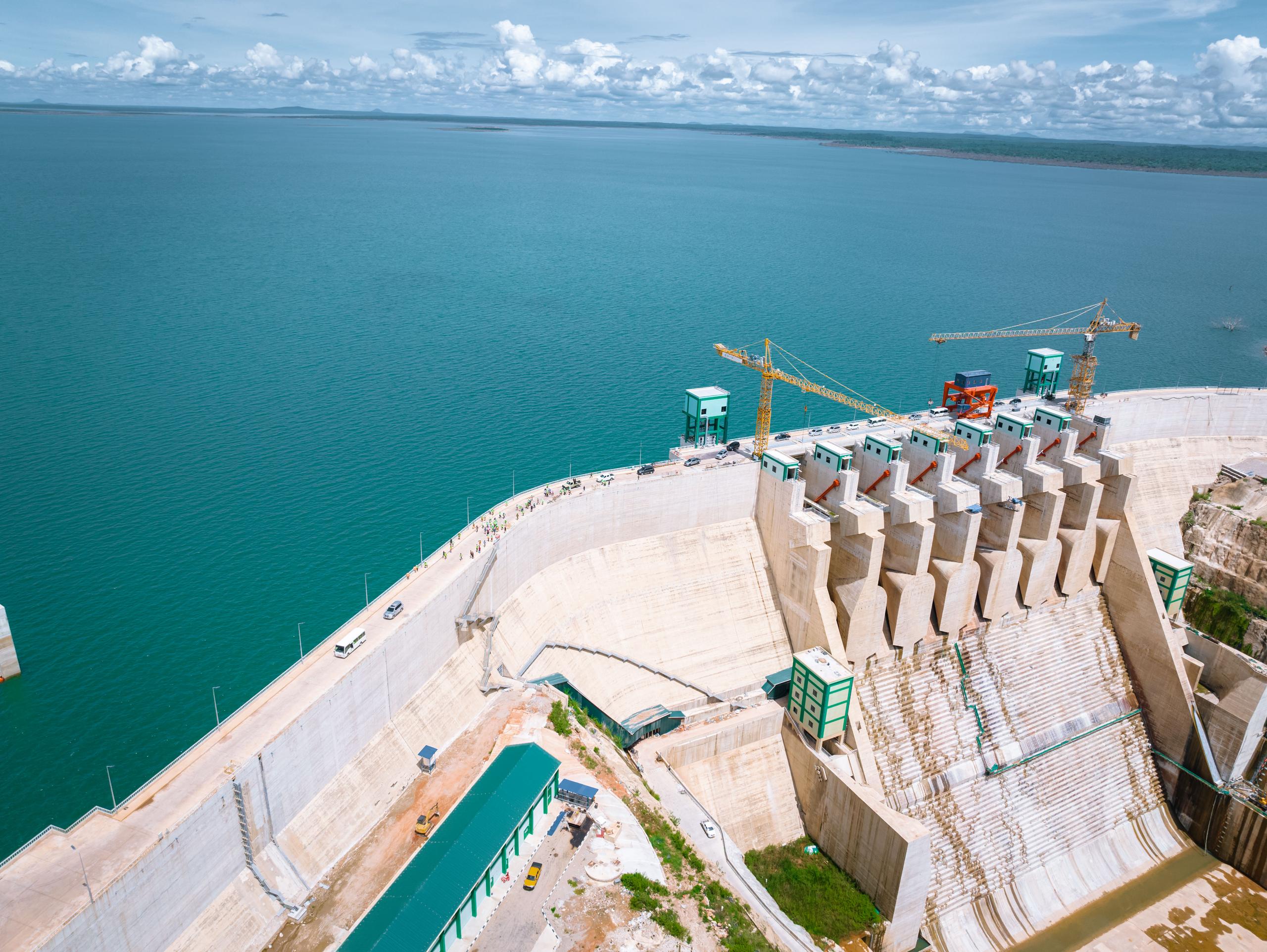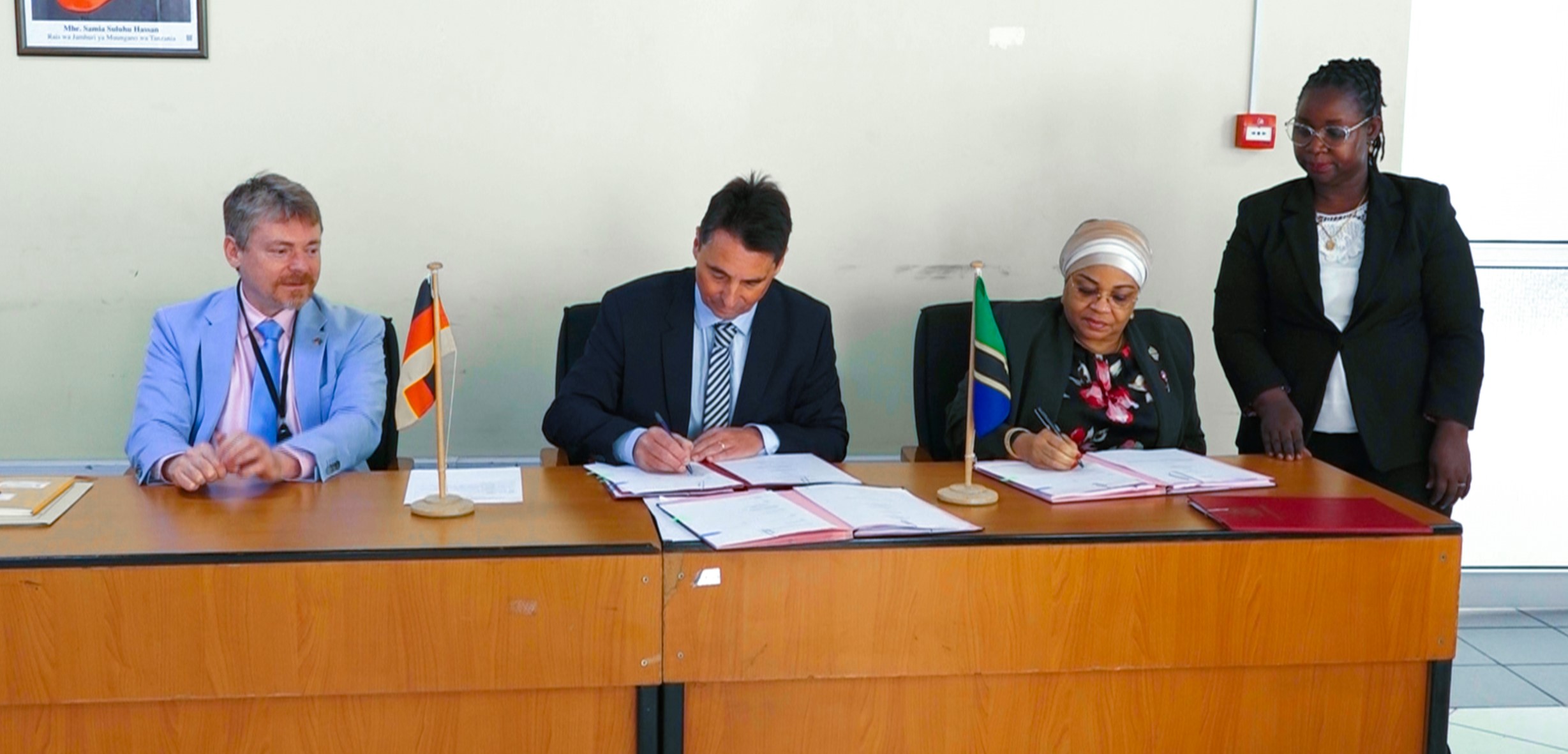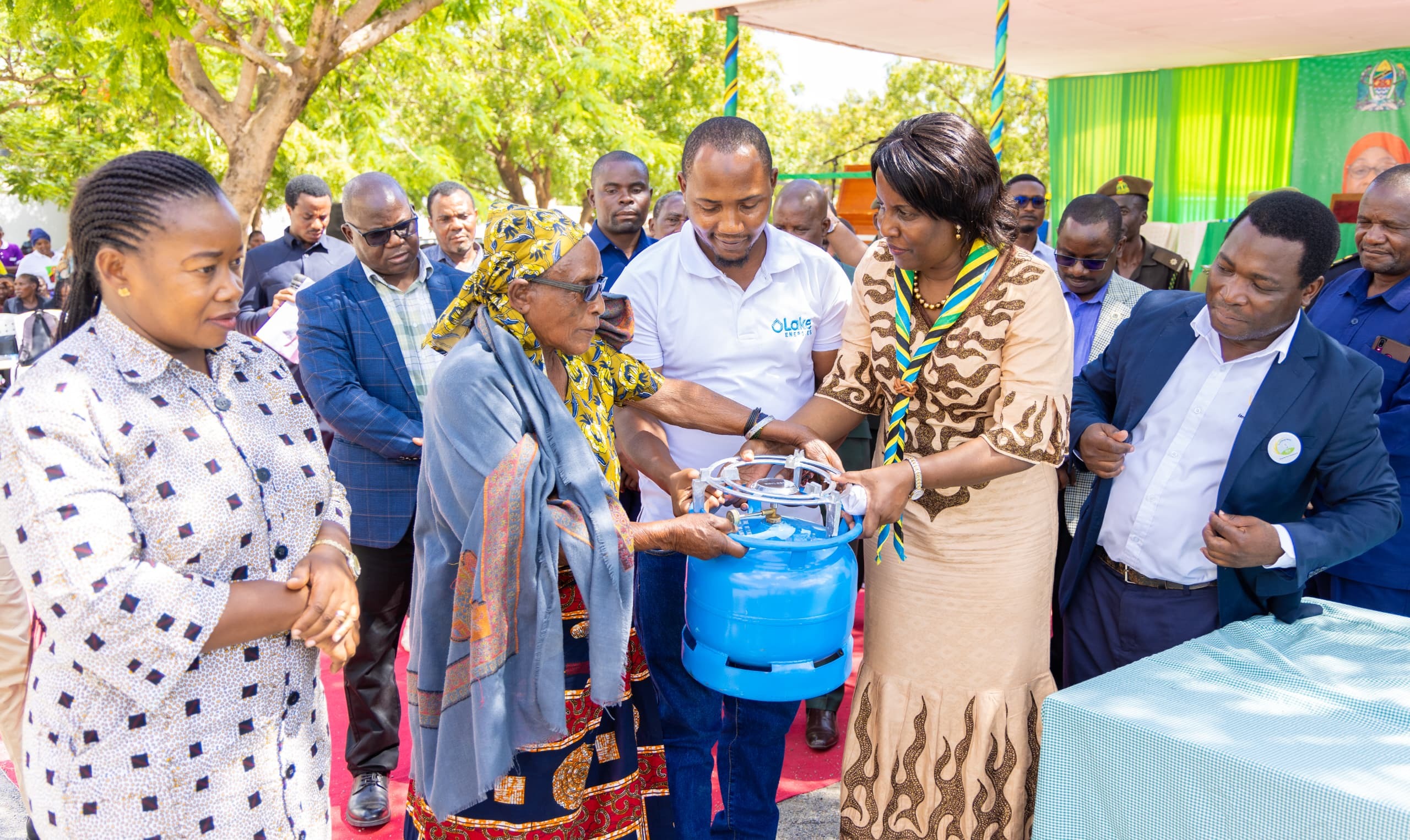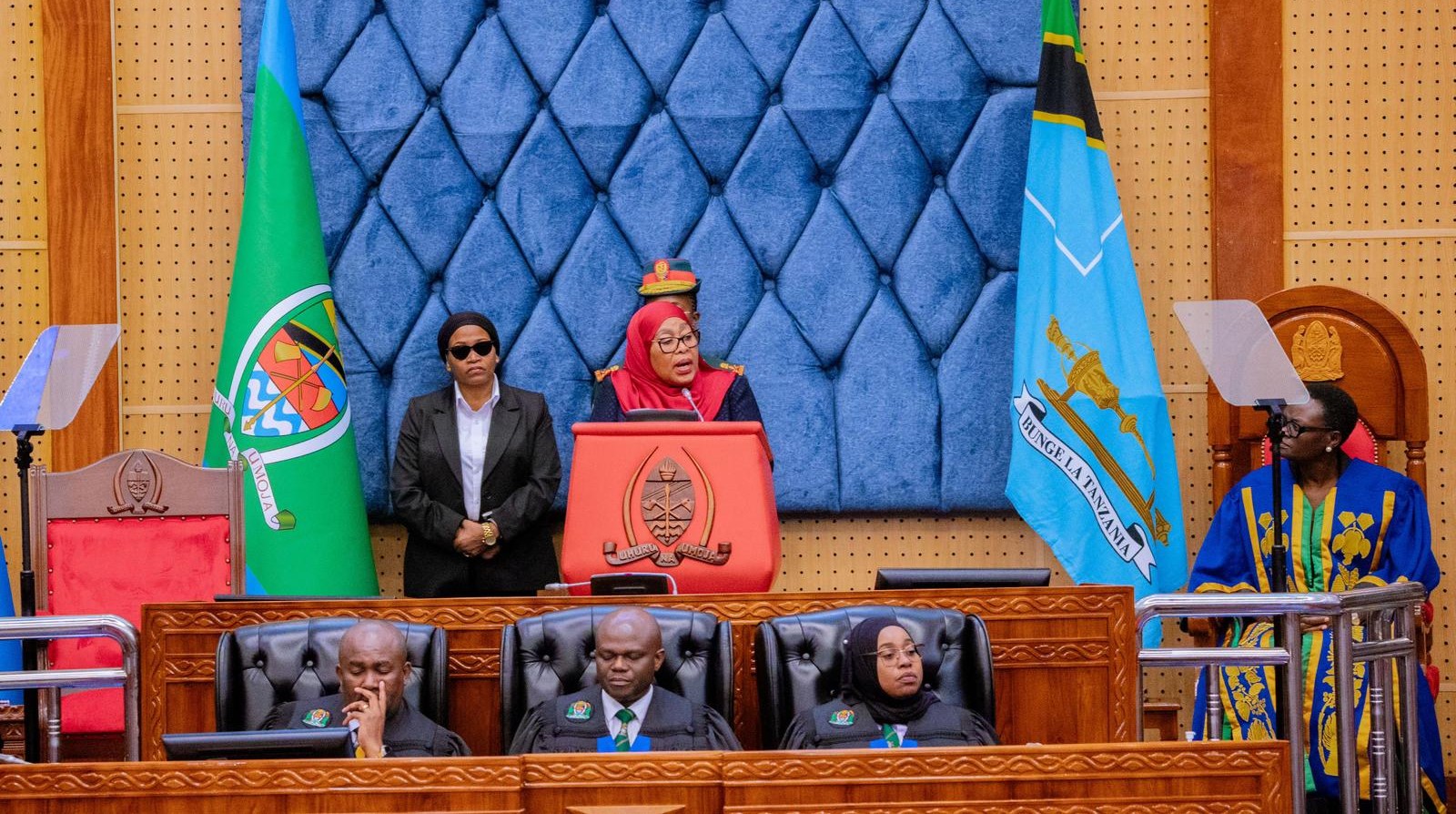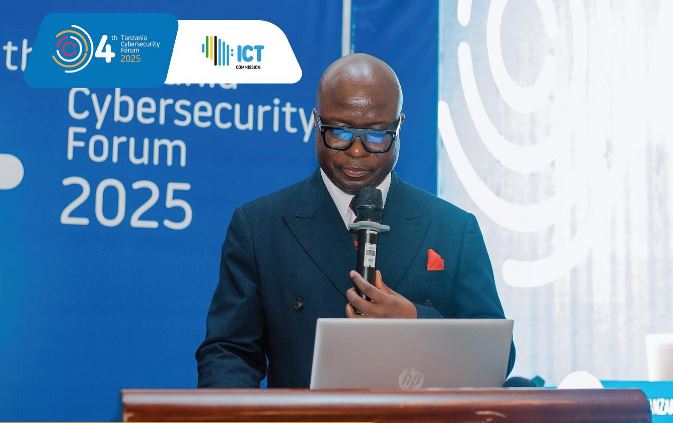Arusha. Tanzania’s burgeoning position as a linchpin in Africa’s pivot towards sustainable energy is attracting significant attention, with President Samia Suluhu Hassan’s administration actively cultivating the nation’s status as a continental energy nexus.
President Hassan’s strategic emphasis on sustainable energy investment has undeniably placed Tanzania at the forefront of the continent’s green energy discourse.
This was underscored by the nation’s selection to host the pivotal 300 Power Africa Summit in January 2025, a forum dedicated to accelerating electricity access for 300 million individuals by 2030.
The forum brought African heads of state and government, heads of multilateral organisations and business leaders to chart the way forward towards an electrified Africa.
The summit, while a testament to Tanzania’s diplomatic capital in sustainability discussions, also served to highlight the country’s achievement in clean energy’s endeavours.
The cornerstone of Tanzania’s energy transformation lies in the 2,115MW Julius Nyerere Hydropower Plant, complemented by substantial investments in solar, wind, and geothermal energy.
These projects, coupled with concerted efforts to enhance regional energy connectivity through the East and Southern African power pools, are designed to solidify Tanzania’s role as a key contributor to continental energy security.
However, the critical juncture lies in translating these infrastructural developments into tangible benefits for both commercial enterprises and domestic consumers.
During the national commemoration of International Women’s Day on March 8, 2025, held at Sheikh Amri Abeid Stadium in Arusha, President Hassan reiterated Tanzania’s position as the continent’s principal coordinator for the Special Clean Energy Programme.
She particularly emphasised the nation’s commitment to clean cooking technologies, framing it as a national imperative aligned with broader African objectives.
“Tanzania is the custodian of this special initiative for Africa, and clean cooking energy is a critical priority for us as a nation,” she said.
She noted that the government’s intent is to transition 80 per cent of the population to clean cooking solutions by 2034.
This ambitious target, however, necessitates substantial private sector involvement and the deployment of effective clean energy technologies.
The President also cited the completion of the Julius Nyerere Hydropower Project, alongside six smaller dams, as a significant boost to the nation’s electricity generation capacity.
The dams have contributed to the ongoing electrification of rural areas, with all 12,300 villages in the country now connected to electricity, and efforts underway to extend the service to smaller hamlets.
The emphasis on clean cooking energy is framed as a critical response to deforestation and public health concerns, with the government citing the annual loss of 469,000 hectares of forest due to firewood and charcoal usage.
This initiative, aligned with Sustainable Development Goal 7, requires a multi-faceted approach, encompassing technological innovation, behavioural change, and robust policy implementation.
However, the true measure of Tanzania’s leadership will be determined by its ability to deliver sustainable, reliable, and affordable energy solutions to its populace and to effectively catalyse the broader African energy transition.
The Head of State reiterated Tanzania’s efforts in natural gas processing, moving away from dependence on petroleum-based electricity generation.
The country’s vast 55 trillion cubic feet natural gas reserves are being harnessed to provide cleaner, more affordable energy solutions.

